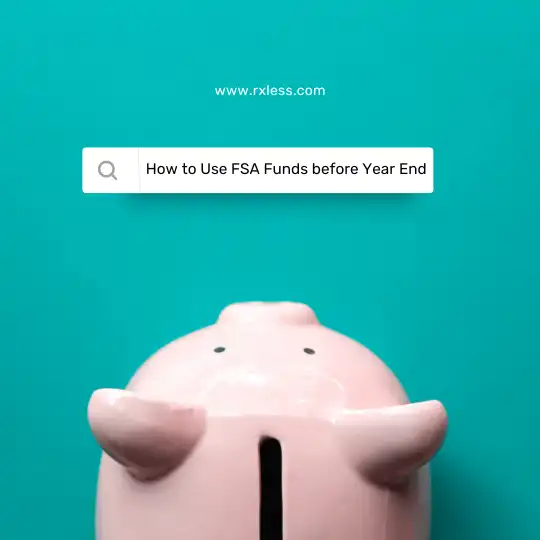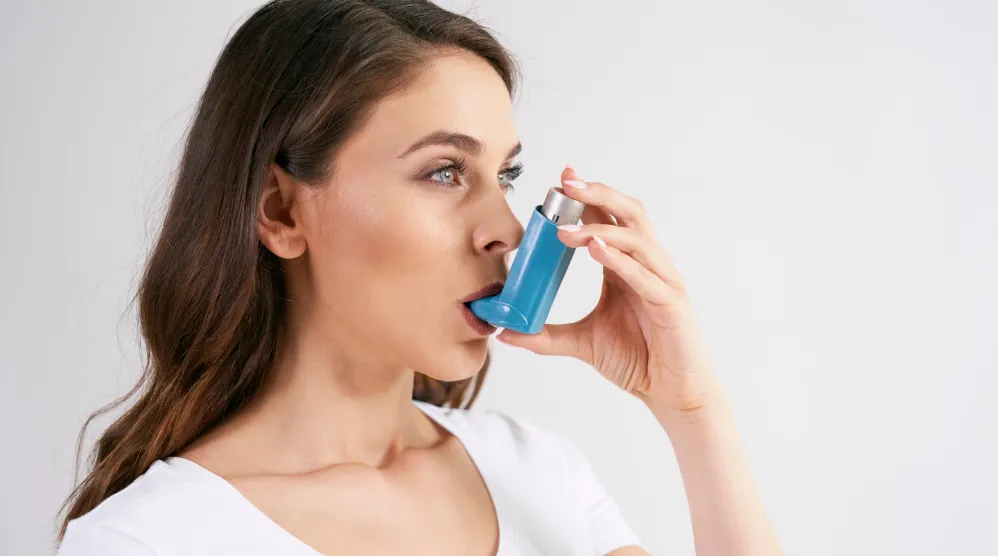Written and medically reviewed by Dorcas Morak, Pharm.D
A Flexible Spending Account (FSA) is a type of employee benefit provided by the employer. The funds can be used for a variety of eligible expenses incurred by the account holders and qualified dependents.
Despite having a lot of benefits, it has one clause that seems confusing to people. FSA is a "use it or lose it" account. If the FSA plan offered by your company does not provide carryover, you must use any remaining funds by the end of the year; else the funds will be returned to your employer.
As the year-end approaches, see how to better use your FSA fund.
Is your Account an HSA or FSA?
Health Savings Account (HSA) is owned by self-employed people or employees with a high-deductible health plan (HDHP). Either employee or self-employed individual contributes all or part of the deductible into an HSA. You can withdraw from it but it includes tax being withheld plus a 10% penalty; interest yield is tax-free and employees can keep the account even if they change jobs. HSAs unused money can be rolled over to the next year.
Flexible Spending Account (FSA) however is owned by employers for all employees whether they have insurance or not; the self-employed are not eligible for an FSA. The fund in FSA can't yield interest and withdrawal is not allowed. Employees lose the account after changing jobs. Also, unused money is lost at the end of the year.
What are the Ways to Spend Down Your FSA Funds?
Some of the eligible expenses for FSA funds are:
Quit Smoking: You can use the remaining fund in your FSA to sponsor a smoking cessation program. Many smoking cessation programs and over-the-counter aids are eligible expenses for FSAs. You can use an OTC nicotine replacement therapy, as well as prescription medications like varenicline and bupropion.
Consult Your Dentist: You can use the fund in your FSA to settle dental care expenses, including those x-rays, fillings, braces, etc. that may not be covered by your insurance plan. Though expenses like toothpaste and cosmetic procedures aren’t FSA-eligible, most other expenses are.
Visit your Doctor: Doctor co-pays and deductibles are FSA-eligible. Use the fund in your FSA to foot the bill for health check-ups and health screenings.
Get your Flu Shot now: Flu vaccines are FSA-eligible. Flu season begins in October and peaks between December and March. It takes about two weeks for your immune system to respond to the flu vaccine, now is the ideal time to get your flu shot.
Get to the Pharmacy: Don’t forfeit your FSA fund, use it to refill your prescriptions and stock up on eligible over-the-counter products. You can stock up on maintenance medications (like atorvastatin, lisinopril, omeprazole, etc.), pain relievers (like acetaminophen, ibuprofen, aspirin, etc.), allergy medicines (like cetirizine, pseudoephedrine, diphenhydramine, EpiPens, etc.), antiseptics, etc.
** Take care of your Eyes:** Use the fund to fund your eye treatment. Get an eye prescription from your doctor, and then use your FSA funds to buy them. You can also use your fund to pay for contact lenses, an eye examination, eye surgery, contact lens solutions, and over-the-counter reading glasses.
Stock up on Your First Aid Kit: Never be caught unprepared, stock up your first aid kit, and be prepared for an emergency. You never know when you’ll need bandages, wound cleansers, thermometers, heating pads, ice packs, joint braces, etc. You can also include OTC cold medicines, pain relievers, anti-allergy, etc.
Don’t forget your Diabetes Supplies: Your diabetes supplies like insulin syringes, glucose monitors, glucose tablets, test strips, and lancets are FSA eligible.
Your protection in the bedroom matter: Your protection in the bedroom matters; stock up on FSA-eligible things like condoms, pregnancy test kits, baby monitor kits, and fertility kits. You can also get female contraceptives if you have a prescription.

















